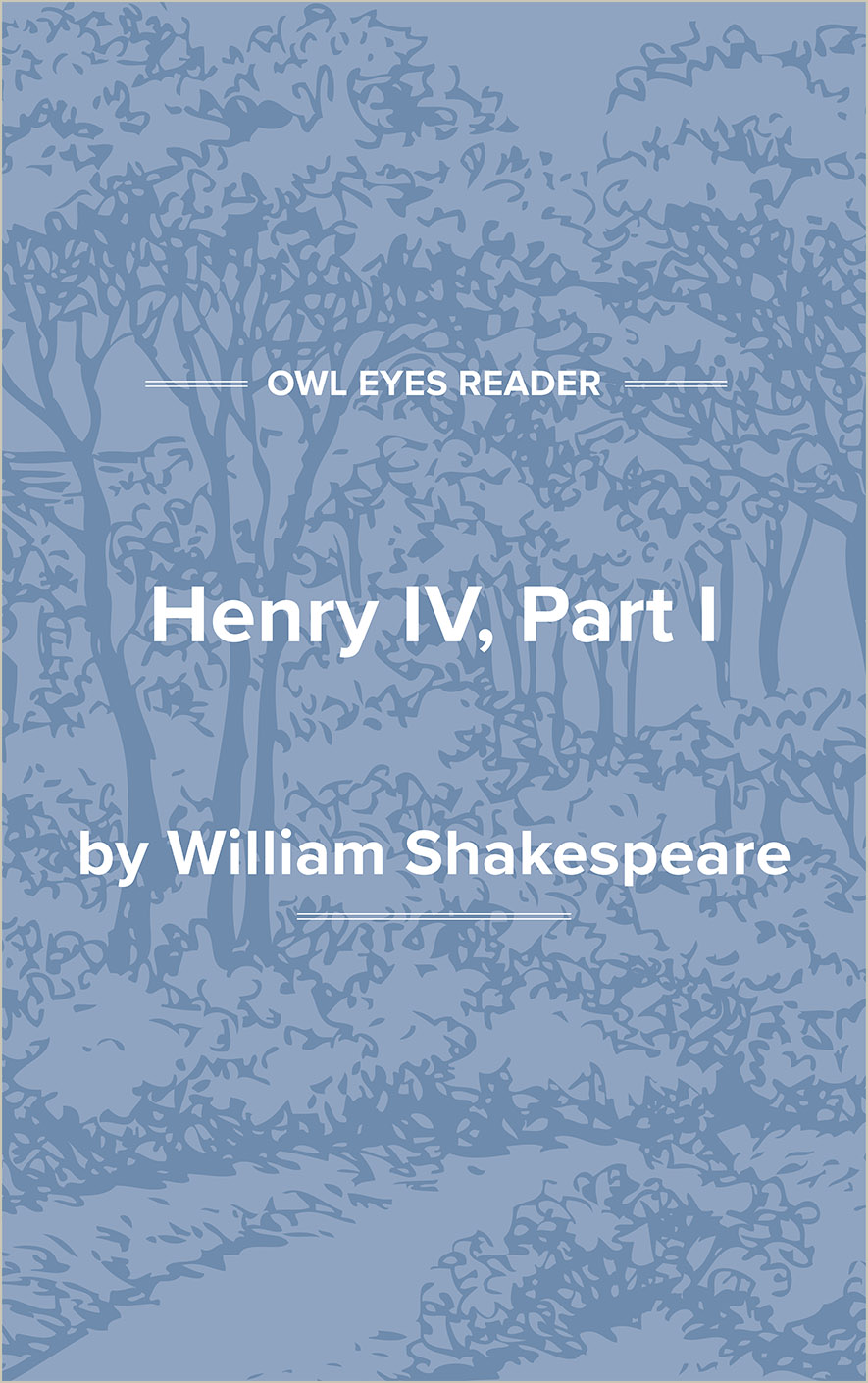Study Guide
Analysis Pages
Summary
After he forced the anointed king, Richard II, to relinquish his crown, Henry Bolingbroke became King Henry IV of England in 1399. Within only a few years, Henry himself has begun to face challenges to his kingship. The nobles who supported him against Richard II have begun to defy the new king and aspire to the throne themselves. Henry Percy, Jr., or Hotspur, fighting on behalf of Henry IV, defeats the invading army of Douglas of Scotland in northern England, but Hotspur then refuses to subordinate himself to the king’s authority and turn his Scottish prisoners over to the king.
Worried by the threat of revolt by Hotspur and other nobles affiliated with him, Henry IV postpones his planned trip to the Holy Land and begins to make preparations to confront the rebels. Among these are Owen Glendower, the Welsh leader and alleged magician who captures the earl of March, and Edmund Mortimer, who has been sent by the king to defeat Glendower. Angry because he had been Richard II’s chosen successor, Mortimer joins with Glendower, marrying his daughter and aligning himself with Glendower, Hotspur, and Hotspur’s father, Henry Percy, Sr. Also allied with Hotspur are the Scots under Douglas, whose defeat but retention by Hotspur precipitated the conflict. Realizing the serious threat represented by such a powerful alliance, Henry IV begins to gather his forces to protect his throne.
Notably absent from the king’s supporters is his own son, Prince Hal, who is occupied with drunken revelry with the prankster Sir John Falstaff and Falstaff’s thieving cohorts. Hal does not, however, join in the highway robbery performed by Falstaff and his friends, being content to play a joke on Falstaff by accosting the robbers, his friends, frightening them away, and then returning the stolen money to its owners. Hal’s enjoyable antics are terminated by a summons from his father, and upon being chastised for his waywardness, Prince Hal promises to atone for his inattention to matters of state by killing his father’s most determined enemy, Hotspur.
At the same time that Henry is developing a new alliance with his son and Falstaff, who is allowed to organize a troop of foot soldiers, the powerful alliance in opposition to the king is beginning to unravel. First, Hotspur’s father, Henry Percy, Sr., sends notice that he cannot bring his troops to Shrewsbury, the anticipated place of battle, because he is ill. Angry and undaunted as befitting his name, Hotspur insists on continuing with the planned confrontation, stating his intention to kill Prince Hal personally. News then arrives that Owen Glendower will not help in the fight against the king because of supernatural premonitions of failure. Hotspur still persists, despite Edmund Mortimer’s also staying in Wales out of obedience to his father-in-law.
The day of battle arrives with appropriately tempestuous weather. Armed conflict becomes certain when Thomas Percy, earl of Worcester, decides not to tell Hotspur of the king’s final offer of amnesty if the nobles disband their troops, reaffirm subordination and allegiance to Henry IV, and return to their homes. Falstaff, meanwhile, asserts his belief (in no one’s hearing) that honor is not worth...
(The entire page is 812 words.)
Owl Eyes subscribers get unlimited access to our expert annotations, analyses, and study guides on your favorite texts. Master the classics for less than $5/month!

